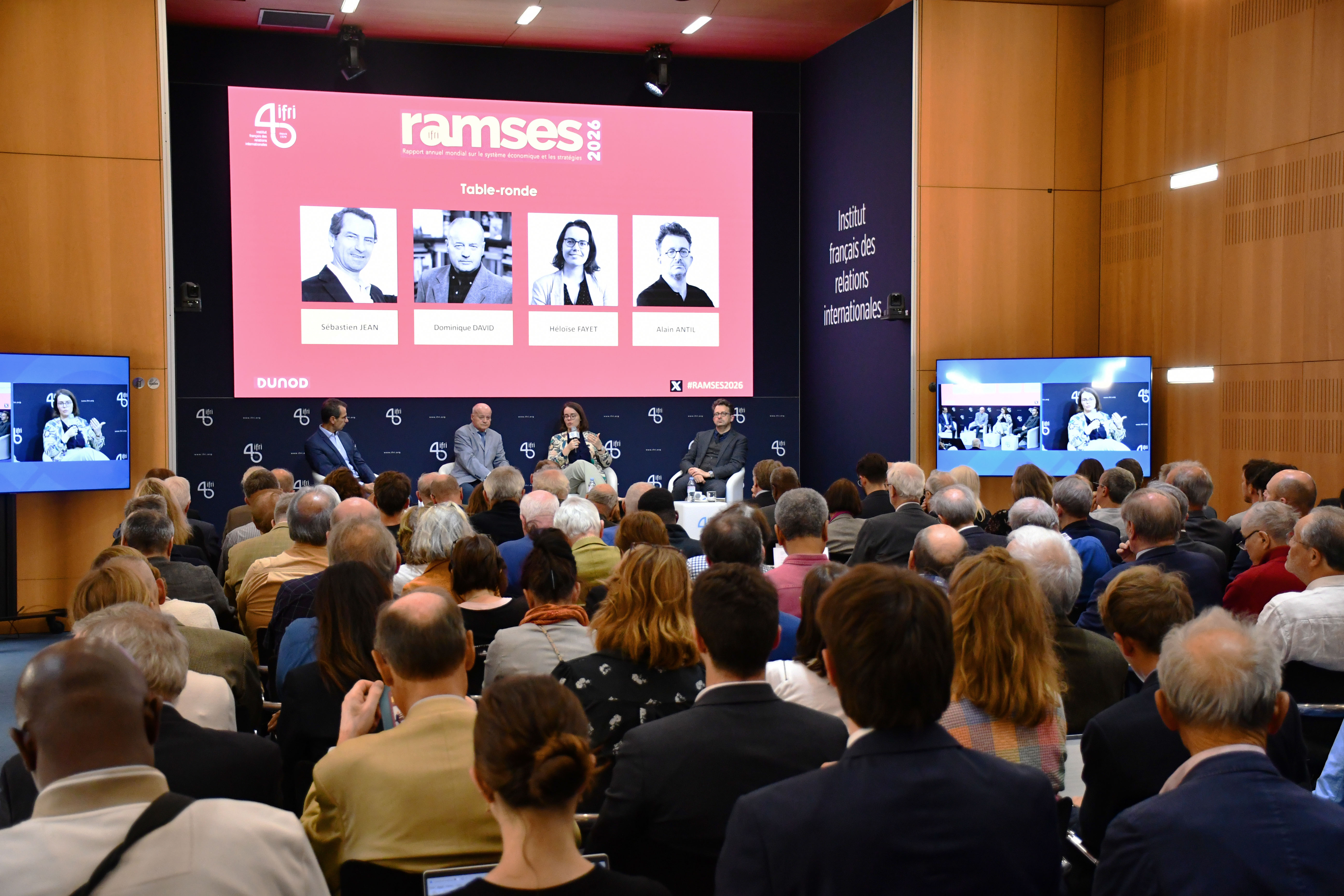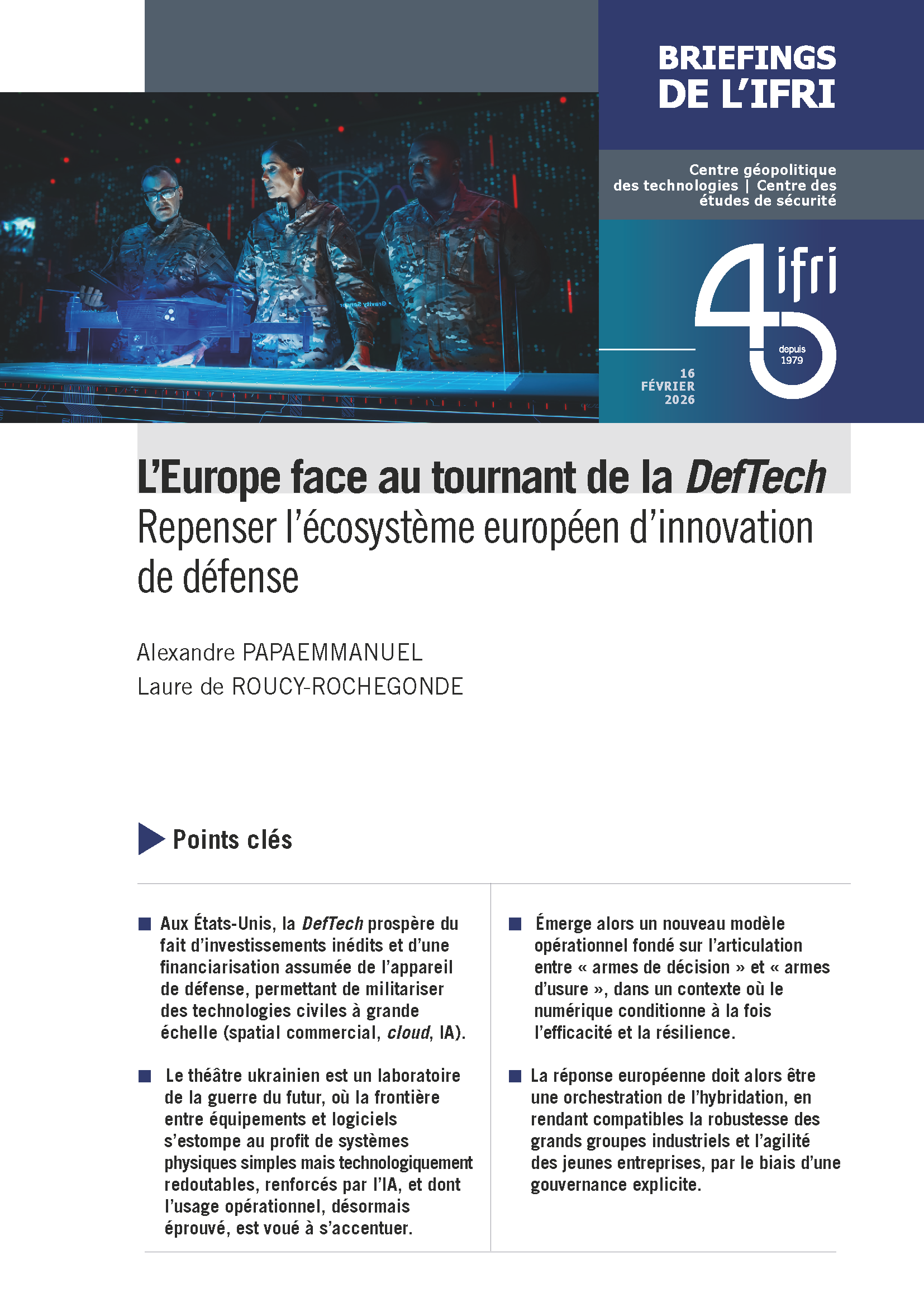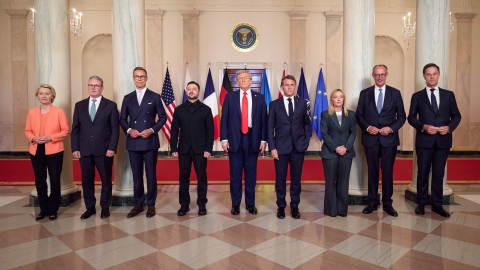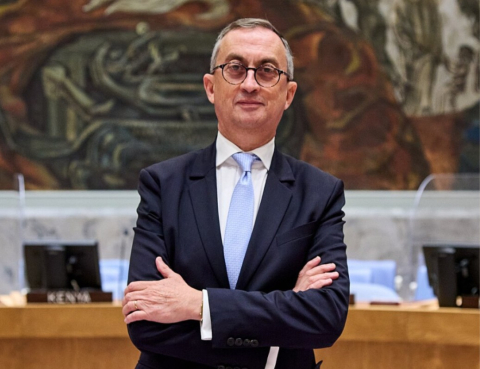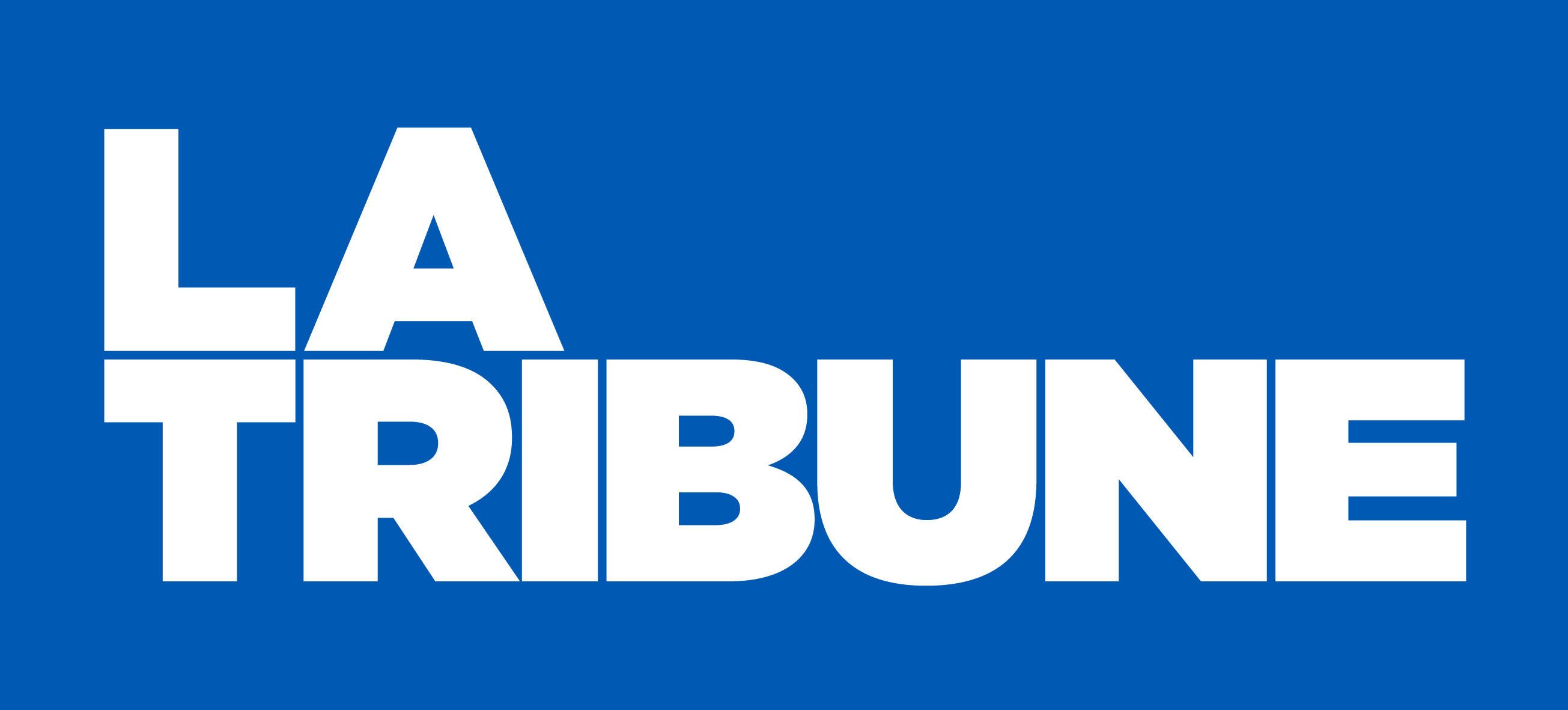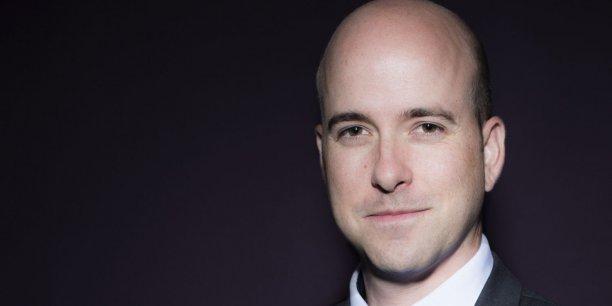Énergie - Climat
Face à l’urgence climatique et aux confrontations géopolitiques, comment concilier sécurité d’approvisionnement, compétitivité, accessibilité, décarbonation et acceptabilité ? Quelles politiques pour y répondre ?
Sujets liés

L'engagement climat : un pari nécessaire pour la Chine
En amont de la COP21 à Paris, la Chine annonce plusieurs ambitieux objectifs en matière de changement climatique. Au-delà de la question du climat, les autorités chinoises doivent s'engager sur ce dossier pour des raisons politiques et économiques internes.


L'Alaska déçoit, Shell arrête ses forages pétroliers
Comment expliquer la décision de Shell de mettre un terme à sa campagne d'exploration pétrolière et gazière au large de l'Alaska? Reportage dans l'émission Inter soir de France Inter.


Energies fossiles, stop ou encore?
La campagne de désinvestissement contre l'apartheid avait fait grand bruit dans les années 80. Trente ans plus tard, un mouvement similaire se lève, cette fois contre les énergies fossiles. La mobilisation citoyenne sera-t-elle plus forte que le carbone?


Energie solaire : des innovations qui changent la donne ?
Plusieurs innovations récentes devraient inciter les particuliers à produire, voire auto-consommer, de l’électricité photovoltaïque. Loin d’être toujours révolutionnaire sur le plan technologique, son apport consiste parfois à employer au mieux des technologies existantes pour simplifier la vie des utilisateurs ou réduire le prix des équipements. Ou encore à recourir aux outils marketing pour tenter de séduire les consommateurs. Reste à savoir quel succès remporteront ces innovations. Cela dépendra en partie de choix politiques qui façonneront le système électrique de demain.
RAMSES 2016 : S'adapter aux effets du réchauffement climatique. Interview de Marie-Claire Aoun
Marie-Claire Aoun, directeur du Centre Énergie de l'Ifri, commente les grands enjeux et les perspectives de la Conférence de Paris (COP21) de décembre 2015.

L'Arctique, futur émirat pétrolier ?
L'exploitation pétrolière en Arctique a été commentée par Olivier Appert, Président du Conseil français de l'énergie, Cécile Maisonneuve, conseillère pour le centre énergie de l’Ifri, et Damien Degeorges, consultant arctique à Reykjavik (Islande) et coordinateur de l'initiative "Norden" de l'Ifri. Les Décodeurs de l'éco, du mardi 1er septembre 2015, présenté par Fabrice Lundy, sur BFM Business.


Nous ne sommes qu’au début de l’histoire pétrolière et gazière de l’Afrique de l’Est
Longtemps l’industrie du pétrole et du gaz a délaissé l’Afrique de l’Est au profit de l’Ouest du continent. Mais ces dernières années, des découvertes très prometteuses ont été réalisées dans cette zone qui bénéficie, en outre, d’un réel avantage : une situation géographique privilégiée par rapport au marché le plus porteur actuellement, l’Asie. Benjamin Augé, chercheur à l’IFRI, spécialiste de l’Afrique et des questions énergétiques, s’est penché sur ce cas.
L'entretien réalisé par Gabrielle Desanges pour le Bulletin de l'Industrie pétrolière(BIP) est disponible ci-dessous.


Nomination de Emmanuel Kachikwu à la tête de la compagnie pétrolière nationale du Nigeria
C'était l'une des grandes promesses de compagne de Mohamadou Buhari, le nouveau président du Nigeria: réformer le secteur pétrolier, gangréné par les affaires de corruption, les pénuries et les plaintes des grands groupes pétroliers. En juin dernier, il s'est tout d'abord attelé au chantier de La compagnie pétrolière nationale, en plaçant aux manettes de l'institution Emmanuel Kachikwu. Deux mois après cette nomination, où en est la compagnie pétrolière du premier producteur de brut sur le continent ?
Interview de Benjamin Augé, spécialiste des questions énergétiques à l'Institut français des relations internationales (ifri) et rédacteur en chef de la lettre d'informations Africa Energy Intelligence. Il est au micro de Lou Garçon.

Climat: la Russie s'engage à minima
A quatre mois de la très attendue Conférence sur le Climat à Paris en décembre (COP21), la Russie revendique à l'ONU plus d'un million de km² dans l'Arctique. L'ONG Greenpeace dénonce cette envie d'exploiter à des fins pétrolières, un nouvel espace de mer dégagé par la fonte des glaciers. L'occasion de revenir sur la politique climatique de la Russie.

Le retour du nucléaire au Japon va-t-il freiner la flambée des prix de l'énergie?
Malgré la catastrophe de Fukushima, en 2011, deux réacteurs de la centrale de Sendai, qui avait aussi été touchée par le tsunami, ont été redémarrés mardi.
Soutenez une recherche française indépendante
L'Ifri, fondation reconnue d'utilité publique, s'appuie en grande partie sur des donateurs privés – entreprises et particuliers – pour garantir sa pérennité et son indépendance intellectuelle. Par leur financement, les donateurs contribuent à maintenir la position de l’Institut parmi les principaux think tanks mondiaux. En bénéficiant d’un réseau et d’un savoir-faire reconnus à l’international, les donateurs affinent leur compréhension du risque géopolitique et ses conséquences sur la politique et l’économie mondiales. En 2025, l’Ifri accompagne plus de 80 entreprises et organisations françaises et étrangères.
